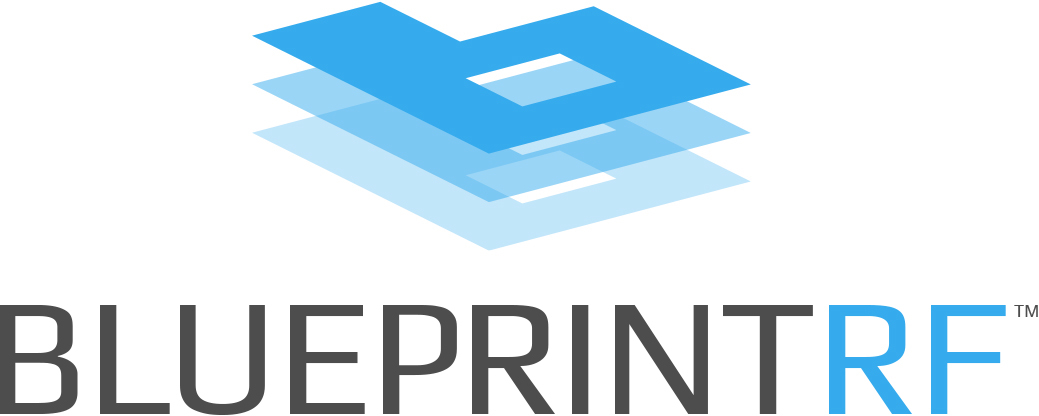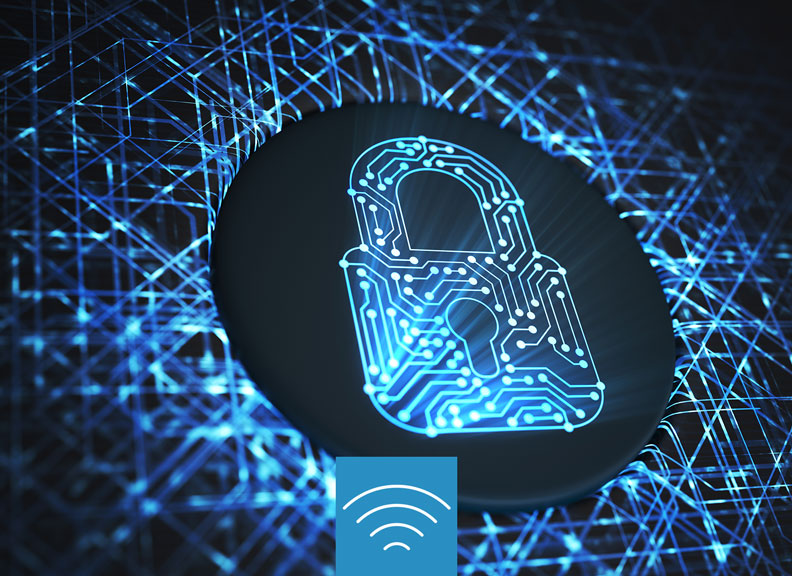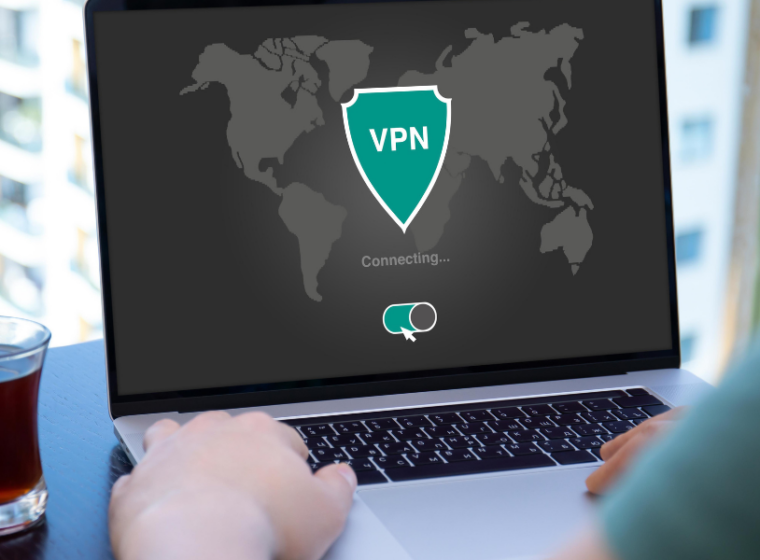Can your guests safely use their banking app on your wireless network? What happens if an unsuspecting traveler downloads malware? With cybercrime rising, a recent survey shows that 85% of hoteliers believe it’s very important “for guests to know that the hotel WiFi service they’re using is secure and able to safeguard their privacy.”
However, savvy hackers adjust methods to successfully breach internal networks, eCommerce, and point of sale systems (POS). Although recent high-level attacks on social media channels and the World Health Organization (WHO) dominate the news, nefarious activities continue to plague top hotel brands like Marriott International.
As domestic and foreign security threats increase, so will your guests’ safety concerns while using your wireless network. Take steps to defend your hotel WiFi and protect your brand.
Top Security Concerns for Hospitality Wireless Networks
Hotel WiFi dangers range from malware and ransomware downloads to phishing attacks. Some target guest services or data, while others aim for system-wide shutdowns. For example, a Denial-of-Service (DoS) attack can crash your network and halt operations. A well-known persistent threat is the DarkHotel group. Since 2007, this organization has hacked wireless hotel systems and targeted high-level data from select guests.
Yet, travelers are more likely to face malicious software than a DoS attack. Scammers get guests to download a new version of the software from a phony site. It delivers a virus that swiftly spreads through your hotel WiFi network. Rapid technology development and devices lead to new vulnerabilities, so it’s vital to assess your threats continually.
Prevalence of Hotel Cybersecurity Incidents
The 2020 Trustwave Global Security Report ranks the hospitality industry third in the number of security incidents, with 64% of breaches stemming from the corporate or internal network. Types of data compromised in hospitality include:
Ransomware: 36% of incidents consist of malicious software that limits access to a system or equipment until the money is paid to the attacker.
Financial data: 9% of cyber disturbances aim to acquire information from your corporation and guest finances.
Card not present (CNP): These occur most frequently in eCommerce environments and reflect 9% of hospitality incidents.
User credentials: 14% of cyber events target individuals by getting them to download updates or enter account information on fake sites.
Personally identifiable information (PII): 14% of incidents attempt to steal PII through secured and unsecured wireless networks.
Card track data: Although on the decline, thanks to Europay, Mastercard, and Visa (EMV) chip-card standards, 18% of hospitality incidents still stem from card track data.
How to Evaluate WiFi Security Vulnerabilities
Your WiFi network may include various wired and wireless equipment and technologies. As more hoteliers deploy IoT solutions for efficient services, basic operations are at risk during a cyberattack. It crashes your core equipment, like routers, switches, and access points (APs). A threat may also impact electronic safes or guest devices.
Secure networks and encrypted security protocols improve safety. But, it’s not enough to prevent sophisticated hackers. One rogue access point can shut down your wireless network before you even suspect it. However, managed hotel WiFi solutions provide real-time data to identify and eliminate threats.
Ways to Secure Your Hotel WiFi Networks
The hospitality sector faces unique challenges, and your hotel deserves a custom solution. A poorly designed system is difficult to update and maintain. Furthermore, outdated equipment and inadequate security protocols increase threats to your hotel’s wireless network. Avoid ongoing problems and unexpected costs by partnering with a hospitality-focused service provider.
Next, combine your design and installation with a proactive strategy. Include password guidance and staff training on WiFi monitoring dashboards. A flexible plan and robust support team help you minimize disruptions to service.
Ensure Proper Wireless Installation and Setup
Create a blueprint that prioritizes guest and hotel security. Your managed WiFi provider evaluates your property to develop a location-specific plan. Professional WiFi network design and installation add several tiers of security. Providers optimize your system by :
- Designing a segmented wireless network
- Creating role-based access controls
- Installing firewalls
- Enabling WPA2 encryption
- Using an end-to-end encrypted payment system
- Employing intrusion prevention systems (IPS) and intrusion detection systems (IDS)
Use a Hotel WiFi Management and Monitoring System
Monitored hotel WiFi identifies threats and potential breaches quickly to prevent catastrophic activity. With wireless management systems, you get around the clock monitoring. Continuous updates, infrastructure upgrades, and threat analysis protect your hotel and guests. You save time and resources because your managed network provider:
- Upgrades core network hardware and equipment
- Schedules routine scans for rogue APs
- Provides a WiFi network dashboard for in-house monitoring
- Offers remote and onsite support options
Develop Best Practices and WiFi Security Protocols
Although technology enables hoteliers to stay on top of wireless security, many scammers operate under the radar. That’s why it’s vital to adopt a list of best practices and refresh your acceptable use policy (AUP). Start by training employees to identify untrustworthy sites and emails. Make sure your hospitality crew understands password and download policies. Also, inform your guests of preventative measures they can take to limit outside access to their private data, like mobile banking credentials.
Implement Safe Hotel WiFi Solutions
It’s no longer enough to add virus detection and hope for the best. A proactive approach to hotel WiFi security is the only way to ward off attackers and satisfy guests. Investing in a longterm plan improves your operations while freeing up resources. Moreover, secure wireless networks enhance your brand reputation. Develop a custom managed WiFi solution to build trust with your hotel guests and provide a safe digital experience during every visit.









